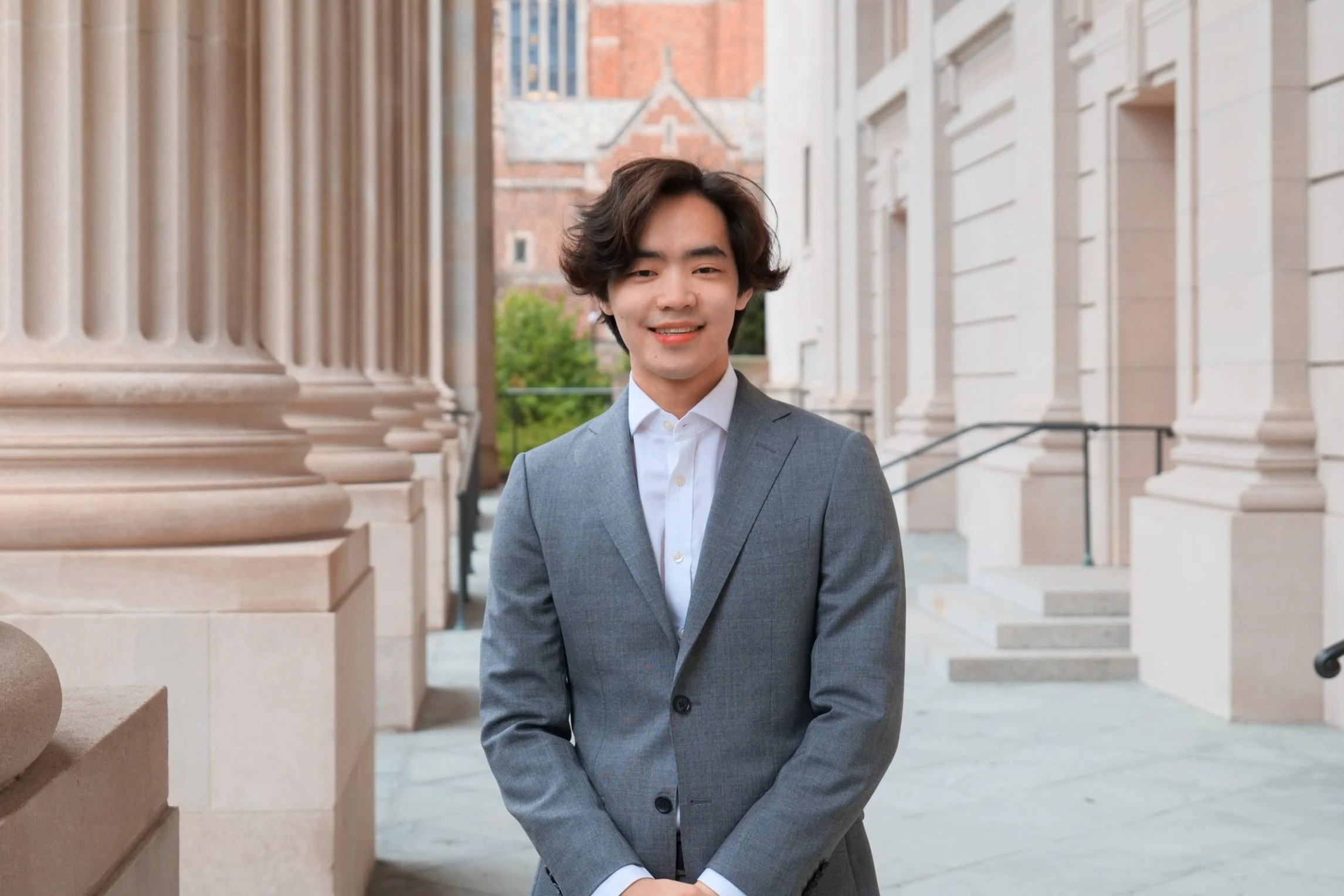
Committee on narcotic drugs
VIRTUAL COMMITTEE
Committee description:
INTERMEDIATE COMMITTEE
Welcome to the Commission on Narcotic Drugs (CND)! This committee serves as the primary policymaking body of the United Nations in the field of drug control, where delegates will confront some of the most urgent and complex challenges facing global health and security today. From the rapid rise of synthetic drugs and new psychoactive substances to the international ripple effects of cannabis legalization, CND demands innovative thinking, nuanced diplomacy, and a balance between enforcement and public health. As national policies continue to evolve and global drug markets adapt, delegates must work together to uphold cooperative frameworks while considering the diverse social, legal, and cultural contexts of drug policy. Your chairs are dedicated to creating a dynamic, respectful, and solutions-oriented space where all voices are heard and impactful dialogue thrives.
Topic 1: Regulating Synthetic Drugs and New Psychoactive Substances (NPS)
The rapid emergence of synthetic drugs and NPS poses a serious challenge to international drug control frameworks. Often designed to mimic the effects of controlled substances while evading legal classification, these substances are proliferating through online markets and unregulated supply chains. Delegates must explore strategies to enhance early warning systems, update international scheduling procedures, and balance enforcement with harm reduction approaches. Greater coordination between member states, forensic laboratories, and internet monitoring agencies is essential to track and respond to emerging threats. Delegates should also assess the role of education campaigns and community outreach in preventing NPS-related harm, particularly among vulnerable populations.
Topic 2: International Ramifications of Cannabis Legalization
As more countries move toward legalizing or decriminalizing cannabis, global drug policy faces increasing tension between evolving national laws and longstanding international treaties. This trend raises questions about treaty compliance, cross-border trafficking, youth protection, and public health. Delegates are encouraged to consider how the global community can reconcile diverging national policies while maintaining cooperative drug control mechanisms. The committee must also address the legal and diplomatic consequences for countries choosing to act outside of established conventions. Additionally, understanding the impact of cannabis legalization on illicit markets and regional stability will be crucial to formulating comprehensive policy recommendations.
ABOUT YOUR DIRECTOR:
CALEB NIEH
Caleb Nieh (he/him) is a senior in Grace Hopper College from New York City majoring in Computer Science and Mechanical Engineering. He has previously been a part of both YMUN Korea and YMUN Singapore, and he cannot wait to serve as one of the USGs of Conference for YMUN South Asia! Outside of classes, Caleb volunteers for Code Haven, serves as an Intramural Sports Secretary, and teaches through various ways in the Computer Science Department. In his free time, you can find him spending time with friends, climbing, trying new foods, and attempting to cook. He is looking forward to YMUN South Asia and can be reached at conference@ymunsouthasia.org with any questions and concerns.

